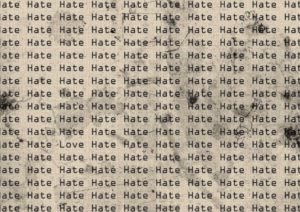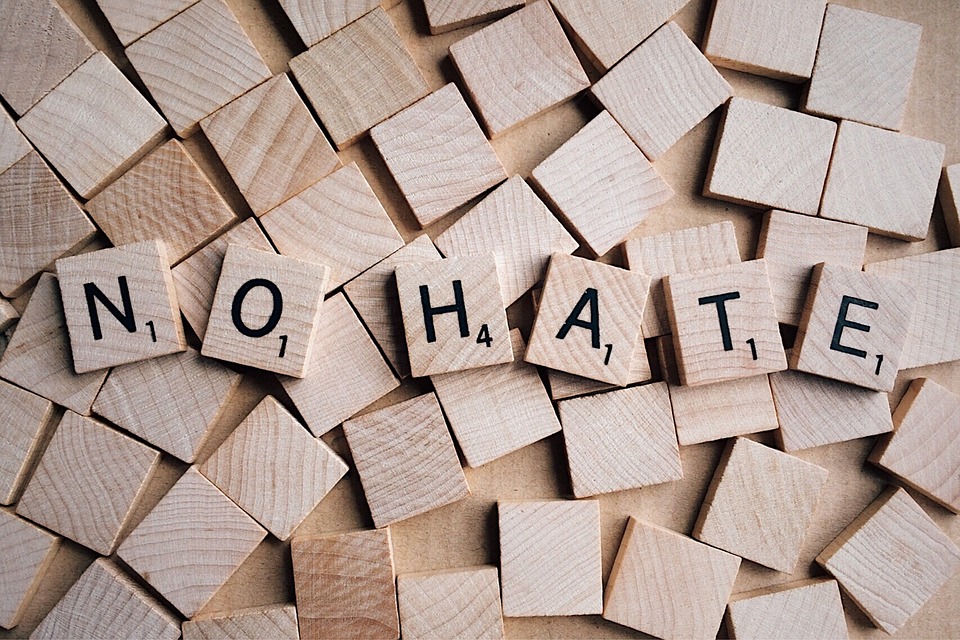 The nation watched with sorrow in August as a white nationalist march in Charlottesville, Virginia turned violent, resulting in one woman’s death. The public backlash was immediate, with participants being outed on social media and their hate speech reported to their employers. At least four people returned home to find that they’d lost their jobs amid the outcry.
The nation watched with sorrow in August as a white nationalist march in Charlottesville, Virginia turned violent, resulting in one woman’s death. The public backlash was immediate, with participants being outed on social media and their hate speech reported to their employers. At least four people returned home to find that they’d lost their jobs amid the outcry.
But wait: isn’t speech protected under the First Amendment? How can people be fired from work for exercising their constitutional rights?
Of course, free speech is a central American freedom. The problem is that if you’re a private sector employee, the First Amendment—like all of the Bill of Rights—doesn’t mean much for your day-to-day life, especially not at work. Let’s dive into why that is.
The First Amendment
The First Amendment protects all citizens from government intrusion on their speech. It states, in full:
Congress shall make no law respecting an establishment of religion, or prohibiting the free exercise thereof; or abridging the freedom of speech, or of the press; or the right of the people peaceably to assemble, and to petition the government for a redress of grievances.
Note that this prohibition applies only to what the government can do—not to what private citizens can or can’t do. So, to make an analogy, the government can’t restrict your right to buy a firearm under the Second Amendment. That doesn’t have any effect on whether your spouse can say “I won’t live in a house with a gun.” It’s only the government that can’t limit your freedom under the Bill of Rights.
Private employers, then, can never violate the First Amendment because it doesn’t apply to them. Therefore, they can absolutely restrict their employees’ speech without running into a constitutional problem.
What if you’re a government employee, though?
Generally speaking, government employees—such as police officers, court clerks, or administrators in city hall—do enjoy protected speech under the First Amendment. But that protection is limited: if speech demonstrates that a government employee wouldn’t be able to fairly do his job, that employee can still be legally fired for engaging in hate speech. So, if a police officer participated in a white nationalist rally, her department might conclude that she could not lawfully and neutrally engage with citizens of different races and therefore could not properly do her job as a police officer.
Hate Speech—and the Problems It Creates for Employers
 To be clear, we’re speaking here specifically of hate speech, or “speech that offends, threatens, or insults groups, based on race, color, religion, national origin, sexual orientation, disability, or other traits.” And while the Charlottesville example obviously centered on participation in a white nationalist rally, what you post on social media—even on your own personal page—could also be hate speech if it attacks a specific group of people.
To be clear, we’re speaking here specifically of hate speech, or “speech that offends, threatens, or insults groups, based on race, color, religion, national origin, sexual orientation, disability, or other traits.” And while the Charlottesville example obviously centered on participation in a white nationalist rally, what you post on social media—even on your own personal page—could also be hate speech if it attacks a specific group of people.
The Charlottesville situation also highlights how easy it is for your “private” activities to become public and to make their way back to your job. You may not mean to advertise to your boss what you do in your free time, but today you can’t take anonymity for granted. Moreover, nothing you post on social media is private!
If your activities reflect poorly on your employer, your boss might decide to let you go rather than suffer the loss of business caused by a controversy. As Bloomberg reported, “White supremacists in the workplace are problems for their employers. They can tarnish the reputation of an organization, create a hostile work environment for nonwhite workers, and counteract diversity and inclusion initiatives.” A business might logically decide that there is a greater risk in keeping an employee with racist or homophobic views on board, especially if that person is in a supervisory position.
To proactively address these concerns, many companies have created specific social media policies governing what employees may or may not say on social media as well as anti-discrimination policies that memorialize the company’s position on racist or homophobic speech and make it clear that behavior, including speech, that contradicts those values is not tolerated.
Summing It Up
- The First Amendment means that the government can’t shut your speech down or prevent you from speaking—but it doesn’t prevent the rest of the world from reacting to your speech.
- Private sector employees can be fired for hate speech.
- Even government employees can probably be fired for hate speech if it interferes with their ability to do their jobs.
- You may think that your employer won’t know whether you participate in a particular march or event or whether you post something on the web, but remember that in this day of cameras and social media, your identity and your employer can probably be easily discerned.
Were you fired for speech that you think should have been protected? Or do you work with someone who’s creating a hostile workplace environment for you with their own hate speech? Please contact our office for help understanding your legal rights and options.





